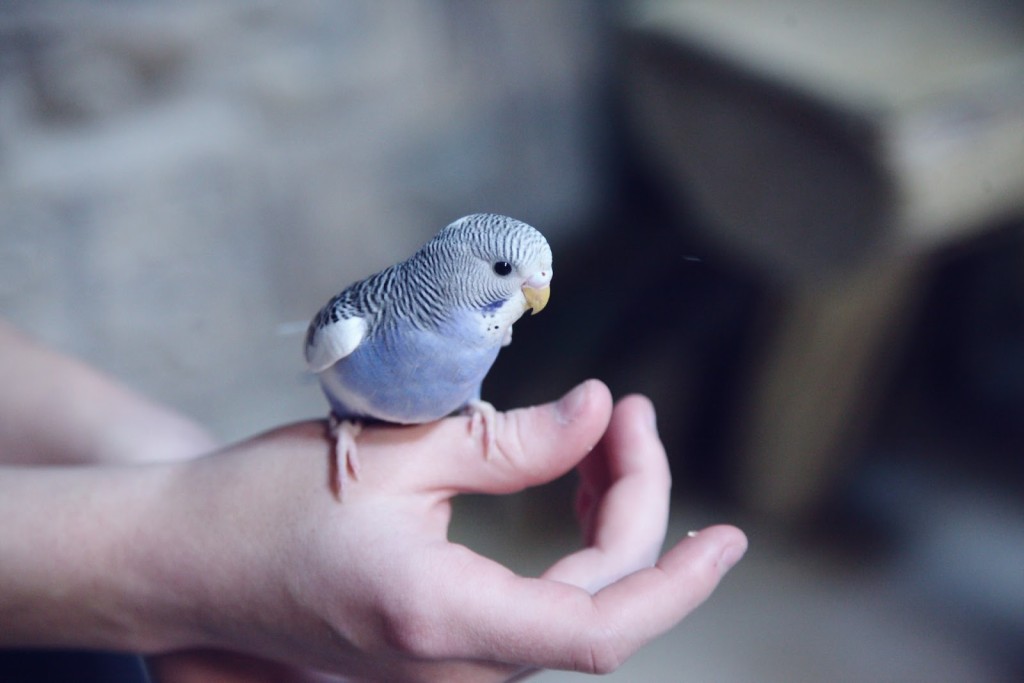
Why Do Birds Make Wonderful Emotional Support Animals?
Maintaining one’s mental health is crucial to the overall well-being of a person. It involves not just feelings but also your state of mind and how you perceive things. Emotional Support Animals (ESAs) can be your daily companion to help you cope with life’s many challenges.
While service animals are covered under the American Disabilities Act (ADA), ESAs are protected under the Fair Housing Act (FHA), which prohibits discrimination against disabled tenants. As the term implies, emotional support animals provide emotional support to help you relax during stressful events and decrease symptoms of your disability.
Birds like Parakeets, Dove, and Cockatiels make good emotional support animals because they can sense when you’re not okay and offer empathy. If you need more convincing, here are six reasons why birds make wonderful ESAs.
1. Birds are Convenient to Care for
Convenience-wise, birds make a good ESA. Unlike dogs and some cats, they don’t require much attention and care. You don’t need to take them out for a walk and you don’t have to worry too much about cleaning up after their mess. In addition, these animals don’t eat a large amount of food, making them low-maintenance emotional support animals.
2. A Lot of Birds are Small
Birds are easy to accommodate and can live with you anywhere. They’re small and stay in their cage most of the time. Also, birdcages can be hung and won't take too much space in your house or apartment.
3. Birds are Intelligent
Birds are clever animals and can have short conversations with a person. They are teachable with comforting words, making them beneficial to someone with mental health problems. They can sense when you’re panicking, angry, or depressed. They love interacting through talking and physical touch. Aside from that, they can also comfort you by singing their voice out.
4. Birds aren’t Aggressive
Birds don’t show signs of aggression, which is fitting for a good emotional support animal. Mostly, they can stay in one spot and comfort you with their presence. Moreover, they’re harmless and are less likely to wander around and damage your property.
5. Birds are Perfect Travel Buddies
Birds are one of the best travel companions. There’s minimal concern about carrying a bird because it’s small and light—plus, its cage is easily transportable. If you’re traveling in a car, you can comfortably place them in the passenger seat or at the back. Traveling with a bird on a motorcycle is also possible. Due to their size and non-aggressive nature, you can bring them with you anywhere.
6. Overproduction is Not a Concern
Female dogs can be in heat or in season, which increases their risk of getting pregnant. The same goes for cats. Overproduction could be a problem, especially if you don’t want any more additional animals in your house. Meanwhile, you can easily avoid the overpopulation of birds by taking out their eggs and allowing them to rest early at night.
Conclusion
Having an emotional support animal to help you with your mental health problems is reassuring. With a recommendation from a mental health professional, birds can be good options for an ESA. You can find comfort in their cooing, squeaking, singing, or just their mere presence on your shoulder. They are very warmhearted and will know when you need comforting.
Like any other emotional support animal, birds need love and care from their handlers. You should reciprocate the same amount of affection they give you for a more harmonious relationship. Birds may be small in size but are never short with love.
Related articles:
- 7 Qualities That Would Make Your Pet a Good Emotional Support Animal
- How to Ask a Doctor for an Emotional Support Animal Letter
- 7 Qualities That Would Make Your Pet a Good Emotional Support Animal
Do you own an assistance animal? Register your pet today.
The Service Animal Registry of California invites you to have your assistance animal registered in order to designate its status. We also encourage you to take our online classes so you can be fully aware of your rights and gain more knowledge about your support animal.
Finally, we present to you our book entitled, “ASSISTANCE ANIMAL LAWS: LEARN YOUR RIGHTS REGARDING SERVICE ANIMALS, EMOTIONAL SUPPORT ANIMALS, THERAPY PETS, AND OTHER DOGS, CATS, AND ASSISTANCE ANIMALS” to provide you with a complete education on assistance animals. Purchase your copy of the book by clicking the image below. 


